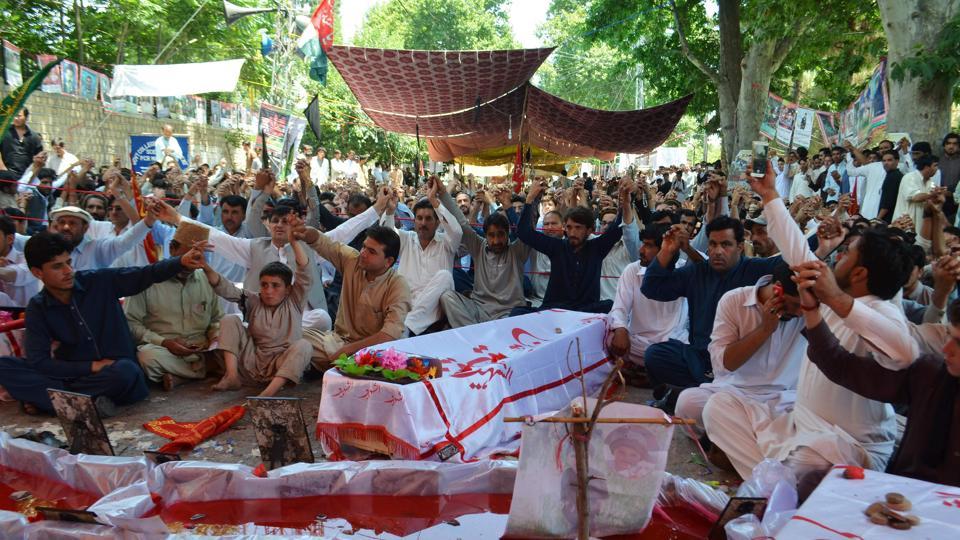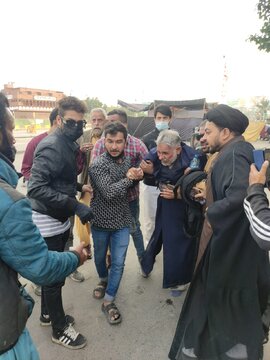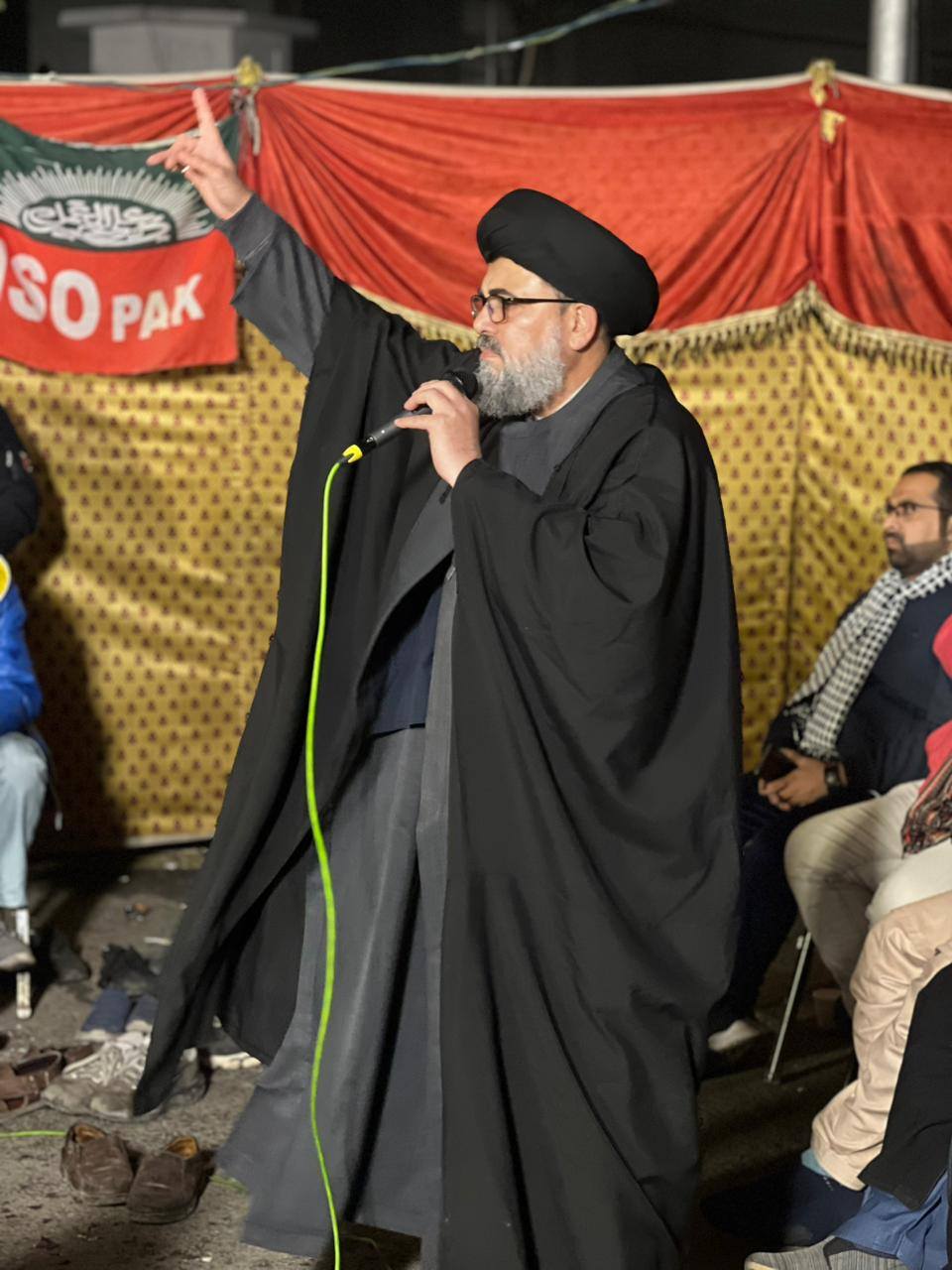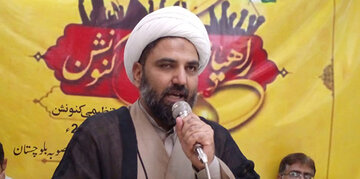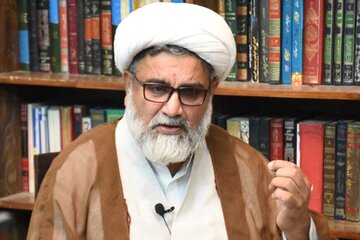Pakistan is beefing up security in the tribal northwest, the military said Friday, after days of protests over twin blasts which killed 69 people in the town which has suffered most from militancy this year.
The announcement by the military came a day after protesters rejected an offer from Prime Minister Nawaz Sharif to financially compensate victims, demanding better security instead for Shias living in the restive area.
Parachinar, the capital of mainly Shia Kurram tribal district, became a scene of carnage last week when the bombs ripped through a crowded market days ahead of the Eid celebrations marking the end of Ramadan. More than 200 people were wounded in the blasts.
Security fears coupled with a perceived slow response to the attack from Pakistani leaders have brought protesters into the town’s streets, as well as in other cities across Pakistan this week, and caused a furore on social media.
Pakistan Army chief General Qamar Javed Bajwa visited Parachinar on Friday to meet tribal elders and community leaders. Military spokesman Major General Asif Ghafoor told reporters the army will launch a “safe city project” and improve security in the area.
Some of the protesters’ demands were political, he said, but added the army chief had ordered all those related to security be “solved”.
Politicians have been criticized for what was seen as a tepid response to the attack and towards Shiites in the area, though some said they had been unable to visit due to security concerns. Several media outlets have also reported being kept away by security forces.
Ghafoor added that Pakistan has begun building a fence along its border with Afghanistan to curtail the movement of militants across the porous frontier.
The fencing will be done in two phases, he said: first the “highly sensitive areas”, and then the entire border.
Pakistan inherited its 2,400-kilometer (1,500-mile) border with its western neighbor when it gained independence from India in 1947, but Afghanistan has never formally recognized it.
Both routinely accuse the other of harboring militant proxies to carry out cross-border attacks, while their militaries have engaged in numerous skirmishes in recent years.
/106

